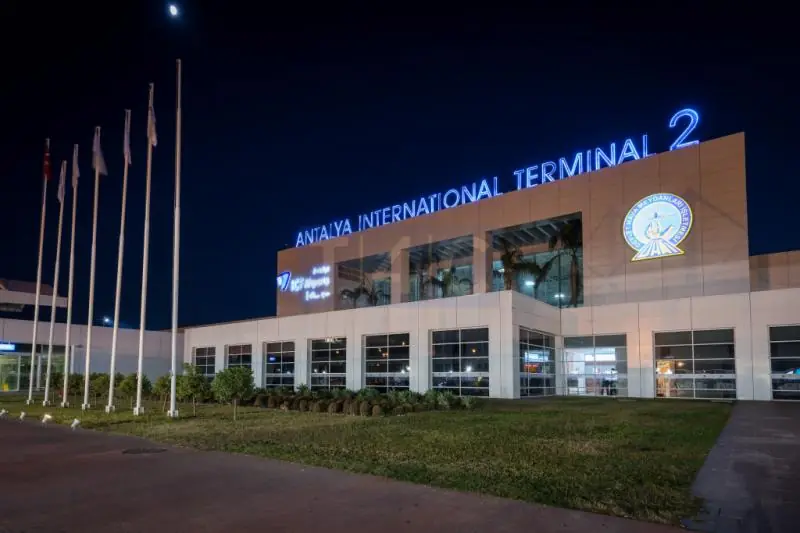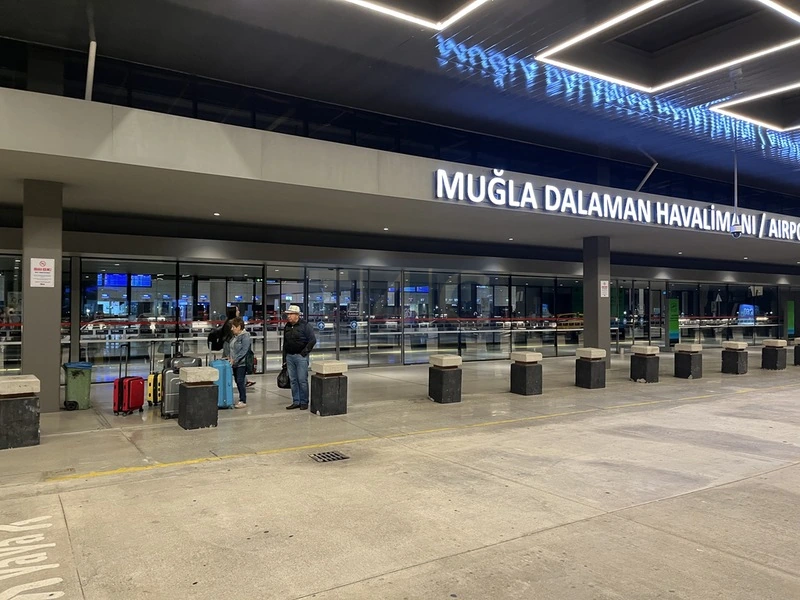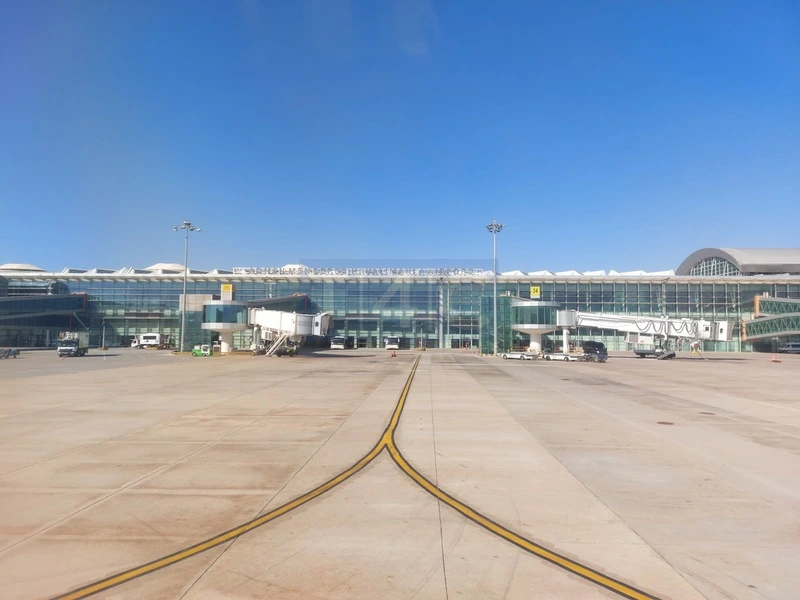Predictions for the Future of Airport Transfers in Turkey
As the global travel landscape evolves, the future of airport transfers in Turkey is poised for significant transformation. With the increasing demand for seamless travel experiences, advancements in technology, and a focus on sustainability, we can expect several key trends to shape the airport transfer industry in the coming years. From the rise of electric vehicles and autonomous transportation to the integration of mobile apps for booking and real-time tracking, technology will play a crucial role in enhancing convenience and efficiency for passengers. Additionally, as Turkey continues to grow as a tourist destination, the need for reliable and high-quality airport transfer services will only intensify, paving the way for innovative solutions tailored to meet the diverse needs of travelers.
One of the most significant predictions for the future of airport transfers in Turkey is the widespread adoption of electric and hybrid vehicles. With an increasing emphasis on reducing carbon footprints and promoting eco-friendly travel options, it is expected that many airport transfer services will transition to greener fleets. This shift not only aligns with global sustainability goals but also resonates with the growing number of environmentally conscious travelers seeking responsible transportation options.
Moreover, the integration of advanced technology in airport transfers will enhance the overall passenger experience. Mobile applications that allow for seamless booking, payment, and real-time tracking will become standard. Passengers will be able to receive updates on their drivers’ locations, estimated arrival times, and even choose their preferred vehicle type, making the transfer process more personalized and efficient. Artificial intelligence (AI) and machine learning can also be utilized to optimize routes and reduce waiting times, further improving the service quality.
Another trend on the horizon is the rise of shared transportation options. As travelers seek cost-effective and convenient ways to get to their destinations, shared ride services will likely gain popularity. This model not only reduces expenses for passengers but also contributes to lowering traffic congestion and emissions. Airports may establish designated zones for shared rides, making it easier for passengers to access these services.
Additionally, as Turkey continues to position itself as a major travel hub, the infrastructure around airports will evolve to accommodate the growing number of international visitors. This includes dedicated transfer terminals, improved road access, and enhanced public transport connections. Such developments will streamline the airport transfer process, making it more efficient and accessible for travelers.
Furthermore, the rise of remote work and digital nomadism may influence travel patterns, leading to longer stays and increased demand for flexible transfer options. Airport transfer services may adapt by offering packages that cater to longer-term travelers, including monthly subscriptions or discounted rates for frequent users. This flexibility will attract a broader audience, including business travelers and expatriates.
In conclusion, the future of airport transfers in Turkey is bright, characterized by technological advancements, a focus on sustainability, and the adaptation to changing traveler preferences. As the industry evolves, it will be crucial for service providers to stay ahead of these trends, ensuring that they meet the needs of a dynamic and diverse traveler base while contributing to a more sustainable and efficient transportation ecosystem.














